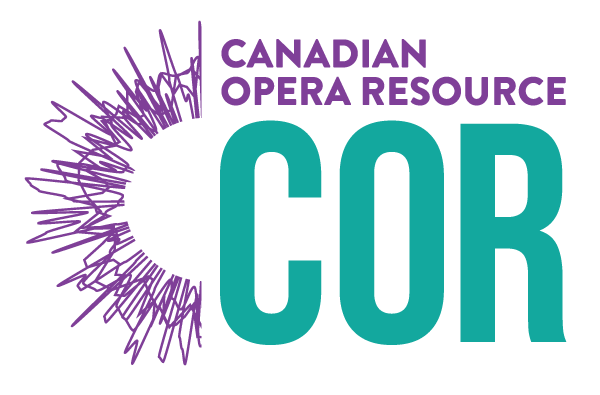OVERVIEW
| Role | Voice Type | Range ? | Character Description |
|---|---|---|---|
| Isabelle | high | E4-C6 | A grieving mother, Hector's partner |
| Hector | middle | E3-A4 | Isabelle's partner |
SYNOPSIS
After the tragic death of her first child, a baby daughter, Isabelle has run away to another town in Spain to escape the grief, leaving her husband Hector with a double loss. They are a working-class couple. The scene opens with Isabelle expecting a client in a seedy bordello. Hector has found her. He entreats her to return home, to find peace with him and with God. She rejects him and God, lost in her grief and unable to accept her loss. But Hector awakens a romantic memory of when they fell in love. This softens Isabelle, and in the end, Hector unlocks her guilt and fear of acceptance by getting her to say aloud the name of the child they have lost: Rosa.
MUSIC DESCRIPTION
SCORES FOR PURCHASE
PREMIERE PRODUCTION INFORMATION
| Role | Name |
|---|---|
| Isabelle | Tamara Hummel |
| Hector | Martin Houtman |
| Role | Name |
|---|---|
| Music Director | Wayne Strongman |
| Director | Banuta Rubess |
CREATION
DEVELOPMENT
I met Vancouver writer Camyar Chai during the 2003 Tapestry Composer Librettist Lab. We took a stroll in a nearby ravine, tossing around story ideas. It was the hottest day of summer, and we walked slowly, pausing often, wet with sweat. Out of that came the final duet, where Hector tries to reach Isabelle emotionally, finally getting her to say the name of their daughter, to acknowledge their loss and their pain.
Tapestry asked us to expand the duet into a complete 12-minute opera. It was challenging to be concise—so often we imagine opera as big and expansive, a novel rather than a short story—but Camyar found a way to weave in just enough of their story to let us get to know these people, and to lead into their cathartic final duet. The operatic feel was helped by the characters having so much at stake, and by their voices—soprano and tenor, high voices bringing the high notes—being archetypes which call to mind so many passionate classic operatic scenes.
- James Rolfe
QUOTATIONS FROM CREATIVE TEAM
We manage to get through most of our days without needing to sing, without needing the accompaniment of an orchestra. Opera isn’t about most days. It is drawn to extreme situations where a marriage, a reputation, a fortune, or life itself is at stake. Our voices rise with distress or excitement; we shout, we yell, we curse. In opera, we sing.
What made Rosa a natural opera subject? The characters are fighting to survive. They must plead, persuade, speak up for themselves, struggle with forces much larger than them, react to cruel and unpredictable turns of fate. Most of us will lead less eventful lives, and be the happier for it. Yet we also realize that pure chance can visit death or misfortune upon us, without warning, without rhyme or reason. Opera can bring alive the excitement of these extremes without their actual danger.
Opera music must have magical powers. The music snakes through every twist and turn of the plot, swings up and down with the mood, and brings to life each character: their desires and delusions, their pride, their grief. All these must be wrestled into an coherent piece of music that lasts two or more hours. And the audience, while being deluged with music, must still be able to hear enough words to understand what’s happening.
- James Rolfe
There are no reviews yet. Be the first one to write one.
REVIEW THIS OPERA
You must be logged in to submit a review.
Submit a Suggestion
Please Note: As we try our best to ensure that all the data on this page is correct please understand that these pages were built by humans, so we're bound to make mistakes. Let us know if you have found any errors, typos, or mistakes on this page. If you have any suggestions on adding tags to this page, please use this email link as well. Thank you, your help and contribution are appreciated.


